Keep your head
At risk of stating the obvious, check everyone involved is okay. If somebody has been injured, get them in a stable position (assuming it is safe to move them). Be aware of your belongings—the confusion immediately after an accident can be a gift to an opportune thief.
Ask for help
In situations where you are going to need the police or an ambulance, ask a local for help. If you have a phone, offer it to them to make calls. Depending on the situation, your needs may be obvious, but ideally you’ll be wanting a local who can speak at least some English to assist.
We would say contact the police only if you feel it is really necessary—for example in the case of an accident involving a fatality or serious injuries. Regardless of the situation, police may ask you for some money. You need to have this in mind so you don't overreact when it happens—it's normal.
Contact the people who need to know first
While it can be tempting to call friends or family after an accident or theft, they should not always be your first port of call.
In the case of theft, say a snatch and grab, rest assured the chance of you seeing the goods again is just about zero. You need to cancel your credit cards immediately. Now if you happened to leave your credit card details with your family, call them and ask them to cancel them. If you didn’t, then you’ll need to call the card companies. Credit cards normally have an international toll free number you can call for these kind of situations; unfortunately the number is on the back of the cards that were just stolen. If you lose your phone, you may need to change passwords if the thief will have access to information there.
Contact details for major credit card companies can be found here:
American Express
Mastercard
Visa
In the case of an accident, especially a serious one, contact your travel insurance providers immediately. They will have existing protocols they can fall into immediately and this can take a lot of weight off your shoulders. Insurers may have specific hospitals (and even doctors) that they tell you to use. It is important that you consider carefully the implications of disregarding advice in this area—the insurer may refuse to pay if you go to a non-sanctioned hospital.
Insurers may require all sorts of evidence, so if there has been an accident, take photos of it. If it was a theft, take note of where you are (again, photos are handy here, as long as your camera wasn’t stolen!). Keep note of all costs and ask for receipts when practical—these are handy for claiming back money but also handy to prove that what you say happened actually happened.
Call your family
If you feel the need to, call your family once you have done all the above. Often they’re on the other side of the planet so there is little they can do, but when everything has just gone sideways and you’re by yourself on the other side of the world, it can be very calming to hear a calming voice on the phone.
Paperwork
If you’ve been robbed, you’ll need to get a police report. Don’t expect the police to do anything—you’re just reporting that a crime has taken place. You’ll need a copy of the report for travel insurance purposes. Police may ask for a fee to furnish one.
In the case of hospitalisation, in most cases you’ll be expected to pay your own way and have travel insurance reimburse you later. Hospitals may require proof of your ability to pay. Get receipts for everything and if the medical is ongoing it is vital you are in communication with your insurers through the entire process.
Natural disasters
Earthquakes, typhoons, volcanic eruptions, tsunamis … the list goes on and these are called disasters for a reason—they’re disastrous! Communication lines can go down, transport links can be broken or extremely delayed and support services like police and hospitals can be overwhelmed to the point of not functioning.
Assuming you are not injured, your priority should be to get out of the affected area. Communicable diseases of sanitation such as cholera can follow in the footsteps of large disasters and they’re often responsible for more deaths than the disaster itself. Rightly or wrongly, authorities often work to get tourists out of disaster areas as a priority and the sensible approach is to avail yourself of these services. Only stick around to help if you’re confident you’re not going to get in the way doing so.
Once you’re in an area where communication services are working, get in touch with friends, family and your travel insurers as per the above.
Civil strife
In the unlikely event you’re caught up in serious civil strife, you need to extricate yourself from the area as soon as you safely can. Importantly, your travel insurance may not cover you if you are injured as a direct result of civil strife. Do not, under any circumstances, intentionally travel to an area of civil strife “just to take a look”.

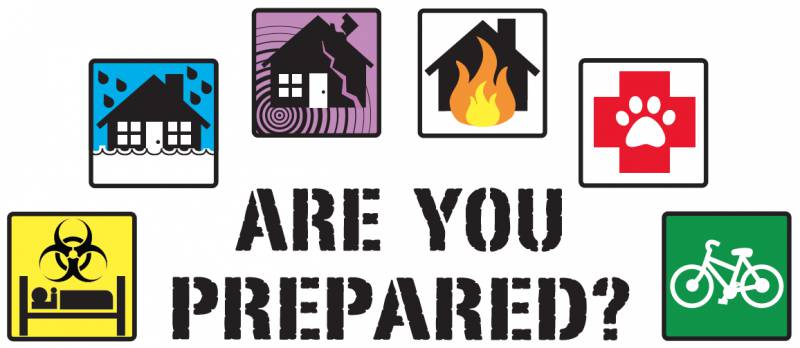
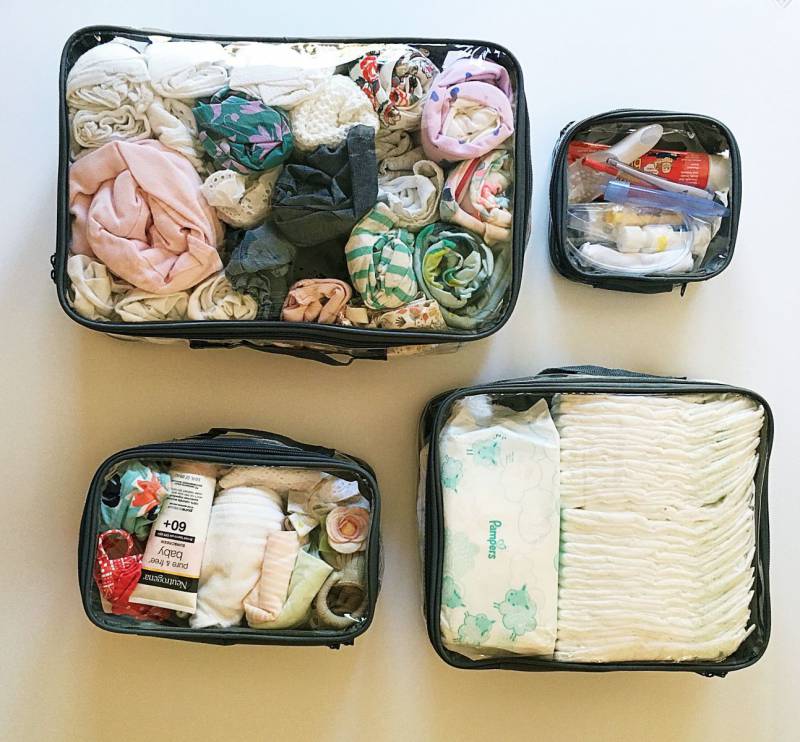
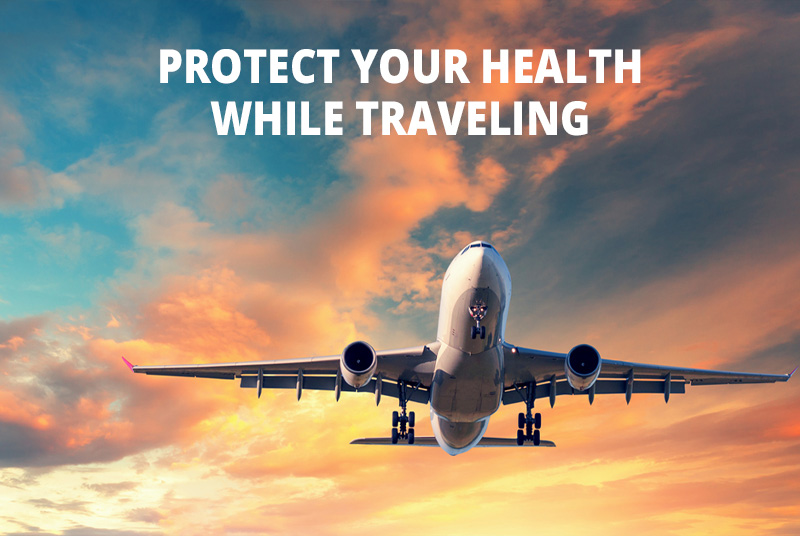
.png)
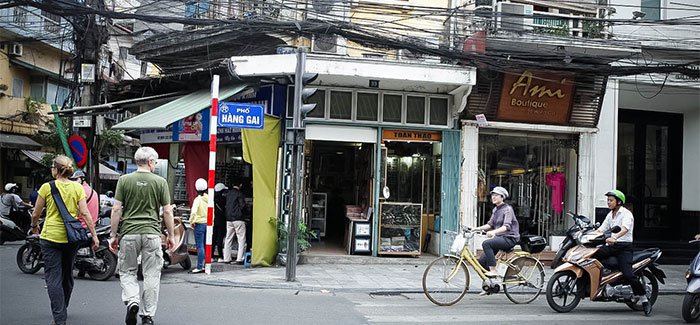
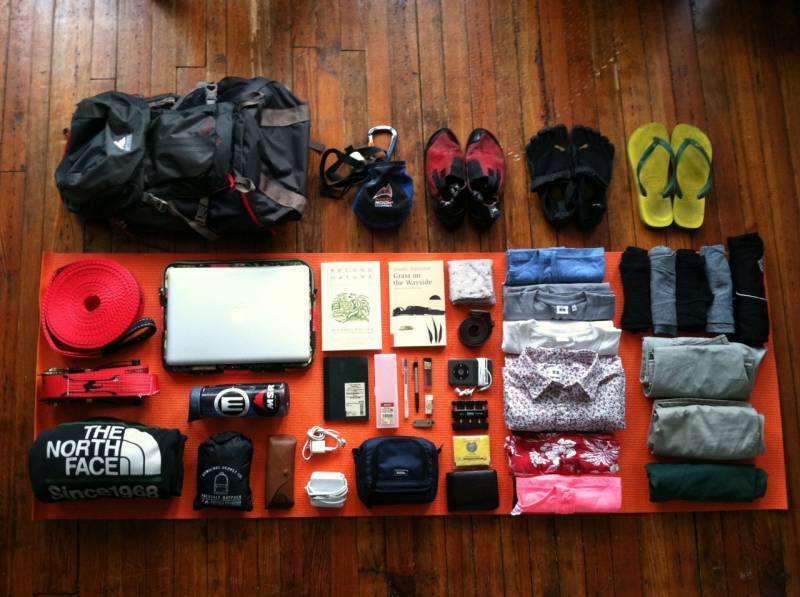
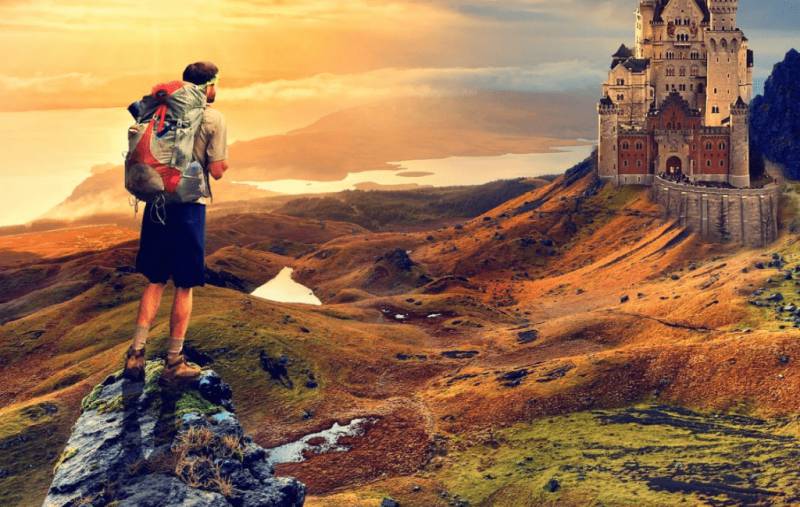
.jpg)
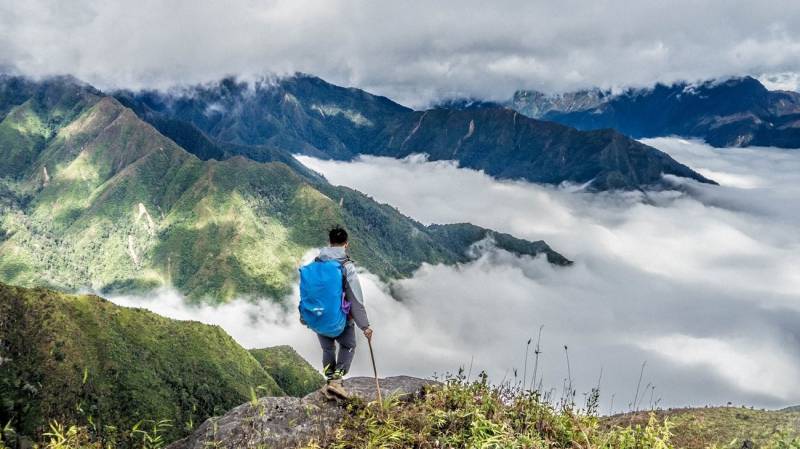

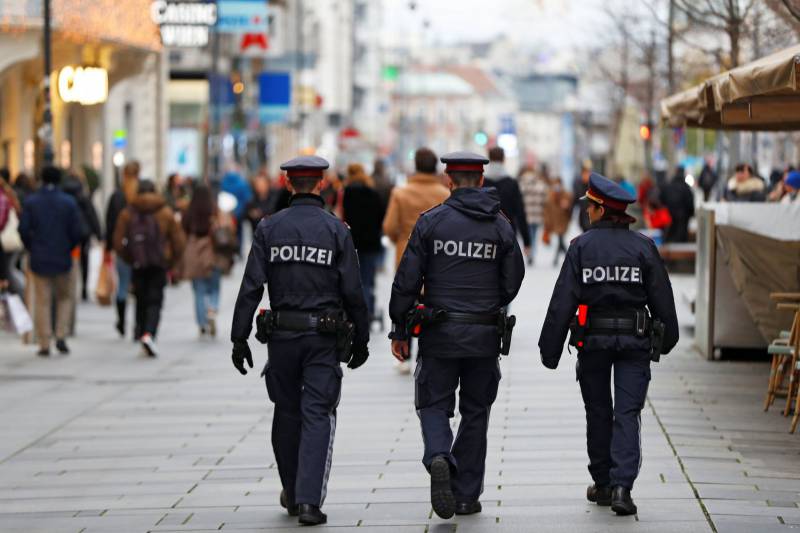

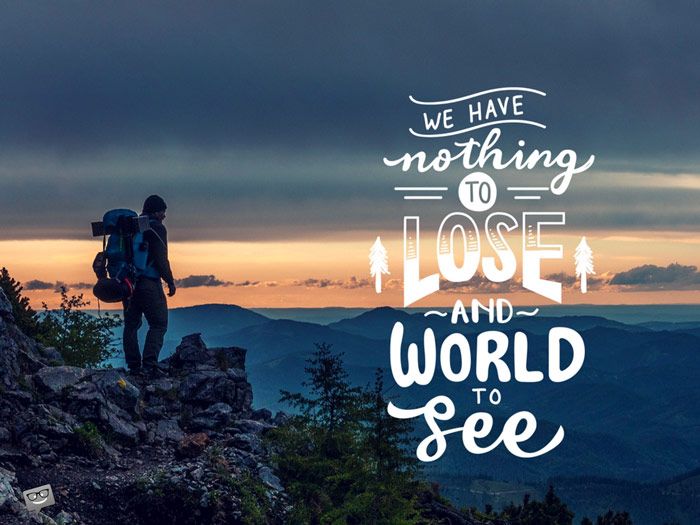
.jpg)
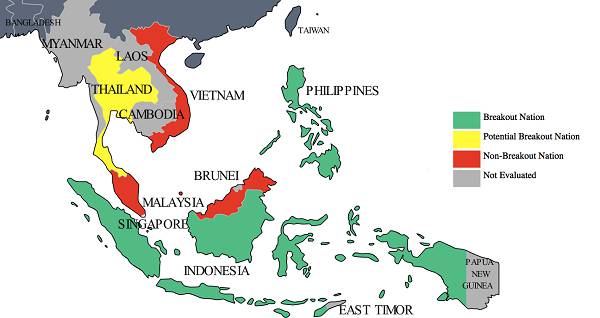
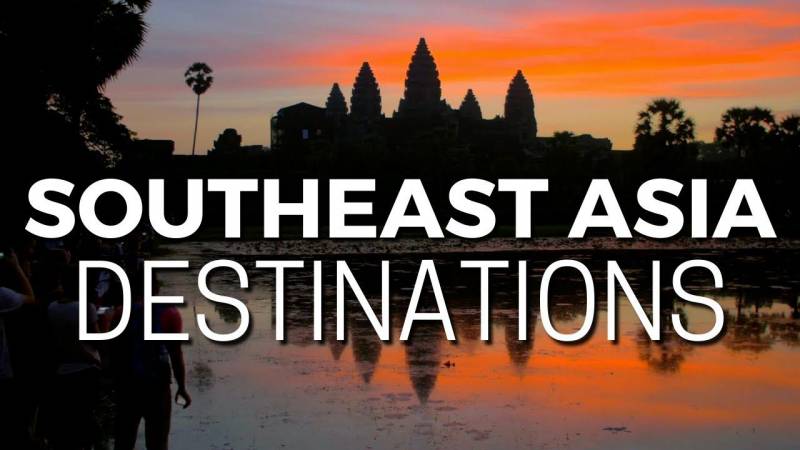
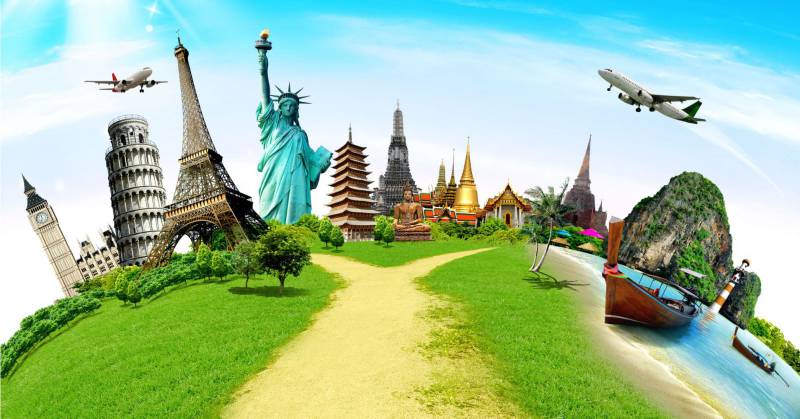
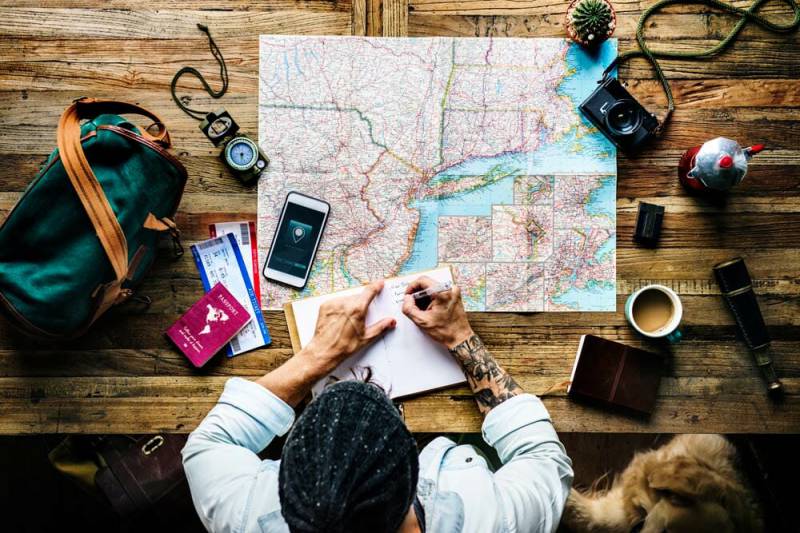
.jpg)






